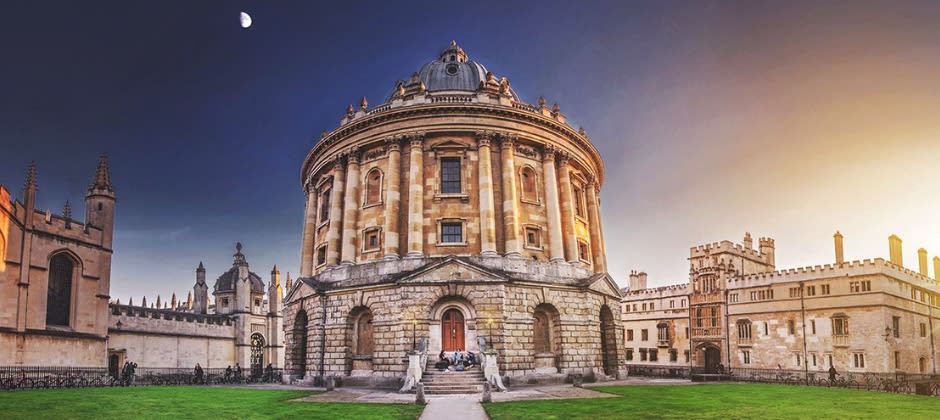Course description

The MSc in Surgical Science and Practice from the University of Oxford is a part-time, modular course to be completed in two to three years by surgical trainees.
Delivered in collaboration with the Nuffield Department of Surgical Sciences it is designed to prepare senior surgical trainees for life as independent specialists by providing key skills and knowledge essential for modern practice, which are not fully represented or are omitted from most postgraduate training curricula. The course is unique as its part-time nature is designed to allow students to fit their study around work.
The MSc in Surgical Science and Practice provides a foundation in some of the most important additional life long skills which the future leaders of the profession need to acquire. Surgeons in the future will work as part of multi-disciplinary teams in complex organisations, and will need to adapt and develop new skills and roles throughout their professional lives. Thus the syllabus covers management skills, quality improvement, leadership, teamwork and patient safety, as well as an introduction to the principles of medical education and clinical research methods. The knowledge gained during this course will stand students in good stead throughout their careers.
Taught by global experts, the modules in this programme can also be taken as individual stand-alone short courses.
Modules:
- Becoming a Clinical Educator
- Human Factors, Teamwork and Communication
- Leadership and Management in Health Care
- Quality Improvement Science and Systems Analysis
- Healthcare Innovation and technology
- Practice of Evidence-Based Health Care
The course features a significant component of online and distance learning, as well as one week of intensive teaching in Oxford per module.
Do you work at this organisation and want to update this page?
Is there out-of-date information about your organisation or courses published here? Fill out this form to get in touch with us.
Upcoming start dates
Suitability - Who should attend?
Applicants should hold or be predicted to achieve a first class or strong upper-second class undergraduate degree recognised by the GMC and the MRCS. Applicants will usually be in the later years of training.

